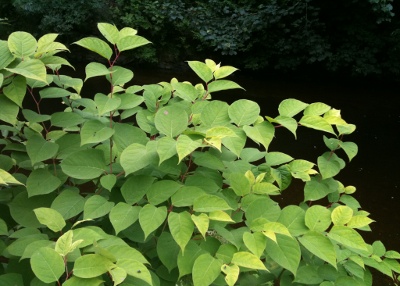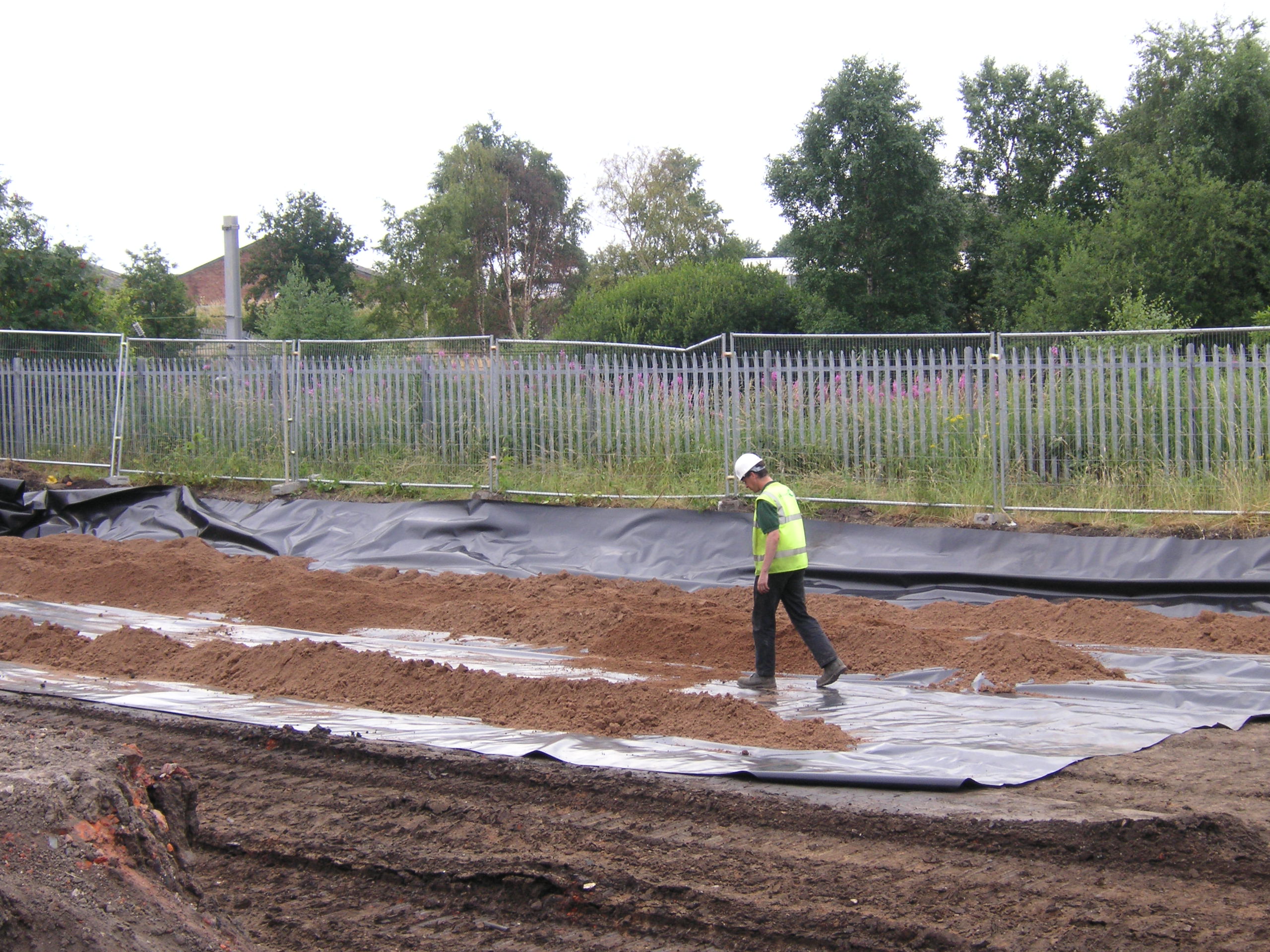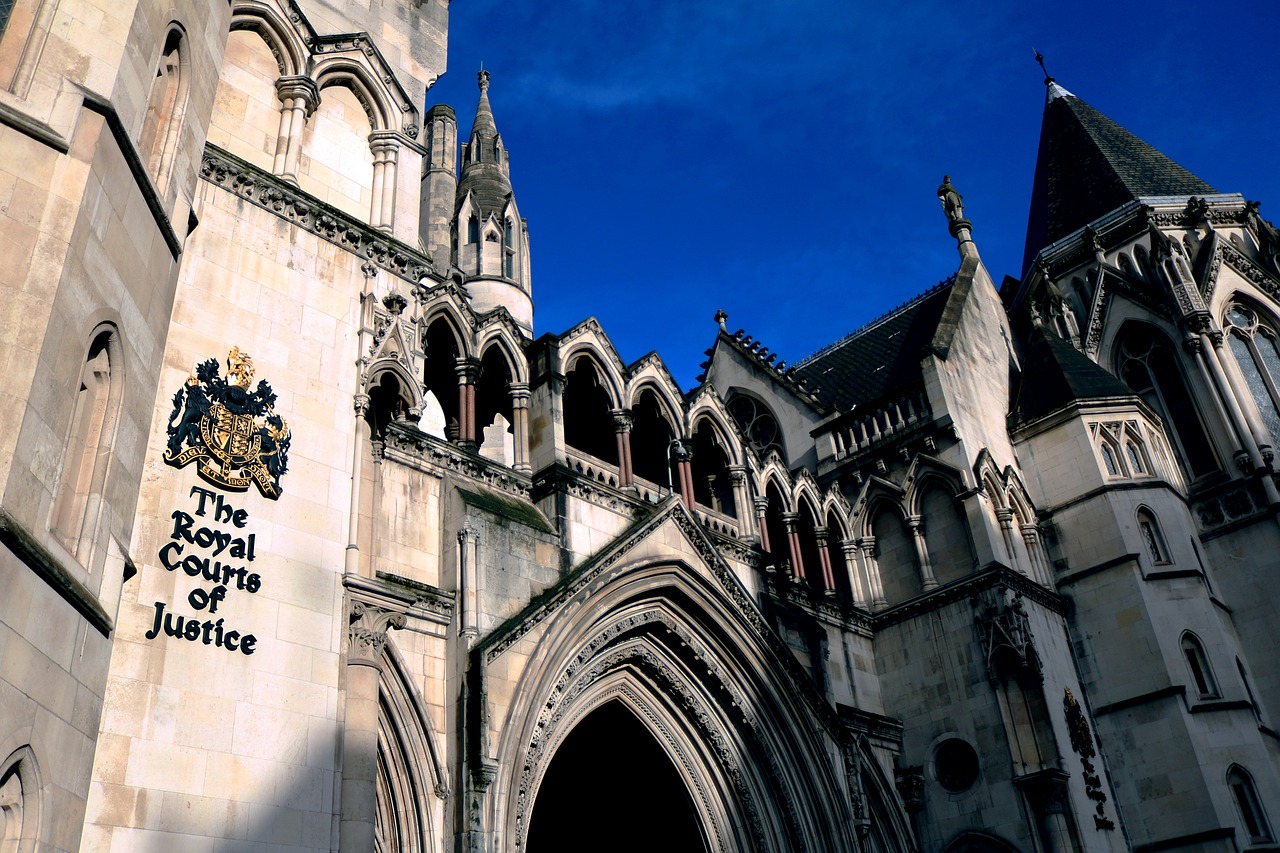The Changing Landscape of Japanese Knotweed Litigation
03-04-2023
Last updated 09-01-2024
There has been a number of recent judgements in the courts that threaten to change the Japanese knotweed litigation landscape. There are a number of ways these changes could happen.
The first is that as lawyers and the courts are dealing with more and more knotweed claims, they are getting much more experienced in understanding the issues involved. Consequently, claims and defences have usually followed well-worn lines. As such, for a claim to be successful, it usually needs to satisfy the established legal tests that have emerged as the knotweed litigation landscape has developed.
If a claim doesn’t satisfy these tests, then it might not be a solid claim. Combined with the vagaries and risks of court, this means that weaker claims, which might have been successful in the past, are now much less likely to succeed at trial.
In two examples of this, in entirely separate cases that went to trial in 2022 in London, it was claimed that knotweed had encroached from one residential property to another. Both claims, which were widely reported in the press, failed.
This shows that in going to trial, the claimants’ solicitors clearly believed their cases had good prospects.
That the claims failed might suggest false confidence on the solicitors’ part, possibly gained from earlier claims that succeeded due to defence lawyers and the courts being less experienced. So, some previously successful lines of claim might now be less effective than they once were.
Similarly, some common lines of defence might now be less useful.
An appeal decision in February 2023 set a legal precedent on a number of defences that will probably now fail in future cases.
These defences are summarised below.
Date of Constructive knowledge
This is the date from when a landowner ought to have known that knotweed is a property risk that needs dealing with. In an earlier appeal decision (Williams & Waistell v NRI [2018] ), it was established that 2012 should be the date of constructive knowledge, and this date has been used in many claims since.
The significance of this date is that it was when the Royal Institution of Chartered Surveyors first published its guidance on knotweed and property risk. In the latest appeal decision, it was judged that 2012 should not be set as the rule.
Causation
The legal test of causation (i.e. can it be proven that the defendant caused the subject knotweed to affect the claimant?) has in many previous cases used the 2012 date of constructive knowledge to argue that a defendant could not have caused any knotweed damages if the knotweed had been present before this date, when they arguably had no idea it presented a risk to the defendant.
However, it was also found in the appeal decision that if a defendant had caused the knotweed problem, then it doesn’t matter that the defendant might have been treating it since the date of constructive knowledge. If knotweed rhizomes are still present in the ground on the claimant’s property, then it continues to cause a nuisance impact for which the defendant could be liable.
Diminution in value
It was also argued by the appellant that the blighting effect of knotweed, which causes many people to be put off from buying knotweed-affected property, and hence makes buyers unwilling to pay full price, should not be considered a recoverable cost in litigation. There was no dispute that knotweed does diminish the value of property.
However, the appellant argued that this is a purely financial loss that should not be considered a ‘nuisance’. As the appeal failed, the door remains open for further nuisance claims to recover diminution in property values caused by knotweed.
So what does all this mean for future knotweed litigation?
It certainly means that knotweed is a clear and present risk that causes damaging effects on property that are potentially recoverable through litigation. However, it also means that the legal tests are now clearer, and that if claims are likely to be successful then their grounds need to be solid.
Consequently, any unscrupulous claimants or ‘ambulance-chasing’ claims firms need to review the facts of their future claims before they are tempted to issue proceedings.



